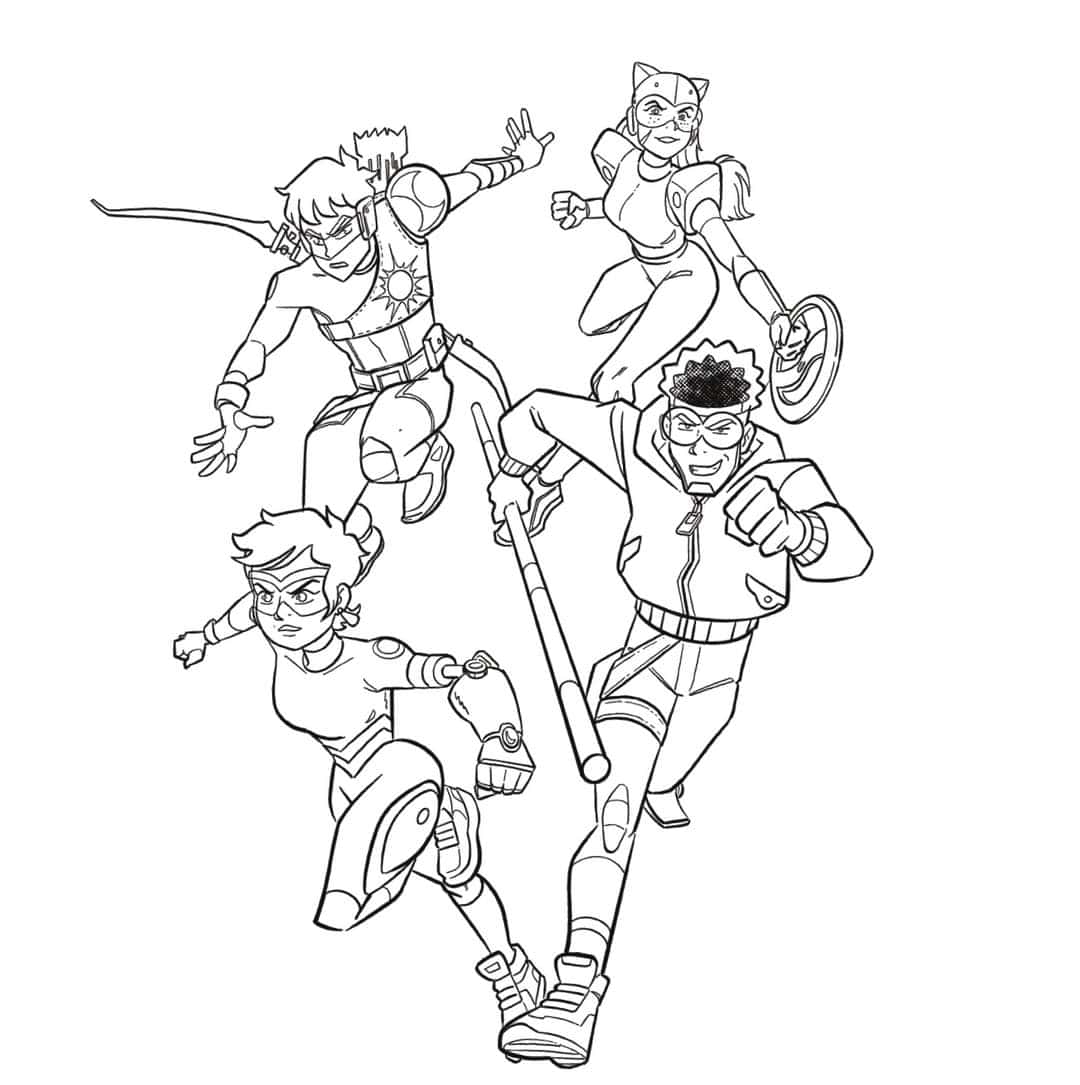
innerheroesuniverse.com
A few of our teammates act as consultants to a media company focused on social emotional learning (SEL). We create products (books, apps, games, etc.) that teach kids how to cope with a broad spectrum of challenges through the vehicle of a hero universe. The superheroes in that world become the voices inside of us that tell us what to do whenever we feel dysregulated, disconnected, stuck, or incapable.
As adults, we are often in situations where we feel dysregulated, disconnected, stuck, or incapable. When these moments happen, rather than listening to our inner superheroes, we must reach into our coping skill toolbox and pull out our manuals for self-regulation, connection, agency, and growth mindset. What to do next is pretty intuitive unless you are under tremendous stress. For some, coping skills spring into action. For others, the level of stress disables them.
Imagine a real-life adult situation where you feel overwhelmed and don’t know what to do. Now pretend one of our superheroes appears on the scene with guidance and a calming influence. You take a deep breath followed by a slow exhale and lean in to their advice.
- Self-regulation: “Find a peaceful place to unwind so you can widen the lens and get perspective on the big picture.”
- Connection: “Surely there is someone in your circle who would happily come by your side to collaborate on this challenge.”
- Agency: “Feeling stuck provides you a moment to weigh the pros and cons of your next step. Evaluate your options and take action on what appears to be the best first step.”
- Growth mindset: “You feel like an imposter because you are an imposter. You’re not supposed to be good at something you’ve never done before. Hop onto the learning curve and start practicing. Before you know it, you won’t be an imposter anymore.”
These basic social-emotional executive functioning skills are introduced early in our lifespans when our developmental abilities are unfolding stage-by-stage. They get honed through experience. Feeling out of control, disconnected, stuck, or incapable can be gifts when we are adults. When we figure out how to move forward, it’s like erasing the hard drive and re-saving at a higher level of maturity. Bring it on!
